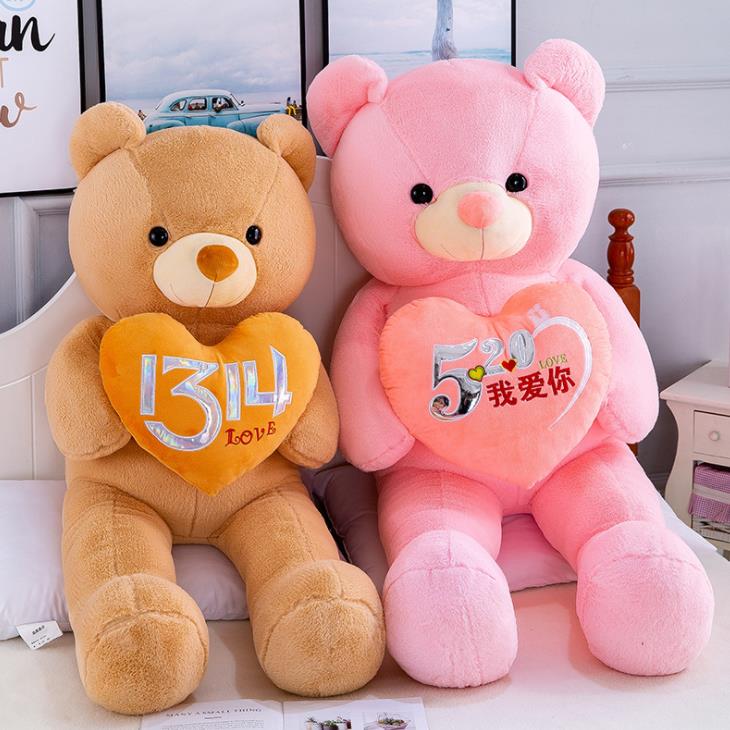Introduction: Beyond their role as toys, teddy bears have proven to be valuable therapeutic tools in healthcare settings. These cuddly companions offer comfort, emotional support, and a sense of security to patients facing medical challenges. In this blog, we will explore the therapeutic benefits of teddy bears in healthcare settings and how they contribute to patients’ emotional well-being.
- Teddy Bears in Pediatric Care: In pediatric care, teddy bears act as comfort items for children during medical procedures or hospital stays. The presence of a cuddly companion provides a sense of security and distraction, helping to alleviate anxiety and fear.
- Teddy Bears in Elderly Care: In elderly care facilities or hospice settings, teddy bears can offer comfort and companionship to residents. Hugging or holding a bear can provide emotional support and reduce feelings of loneliness or isolation.
- Teddy Bears for Mental Health Patients: Teddy bears are utilized in therapy sessions for mental health patients, particularly in play therapy or trauma-focused therapy. These cuddly companions become tools for emotional expression and healing.
- Teddy Bears for Dementia Patients: For individuals with dementia, teddy bears can evoke positive memories and emotions from the past. These bears may act as a source of comfort and familiarity, reducing agitation and promoting calmness.
- Teddy Bears in Palliative Care: In palliative care settings, teddy bears can offer comfort and solace to patients and their families. These bears become symbols of care and empathy, providing emotional support during challenging times.
Conclusion: The therapeutic benefits of teddy bears in healthcare settings are far-reaching. From pediatric care to mental health and palliative care, these cuddly companions offer emotional support and comfort to patients of all ages. As healthcare providers recognize the positive impact of teddy bears, they continue to integrate these valuable tools into patient care, promoting emotional well-being and improving the overall healthcare experience.














